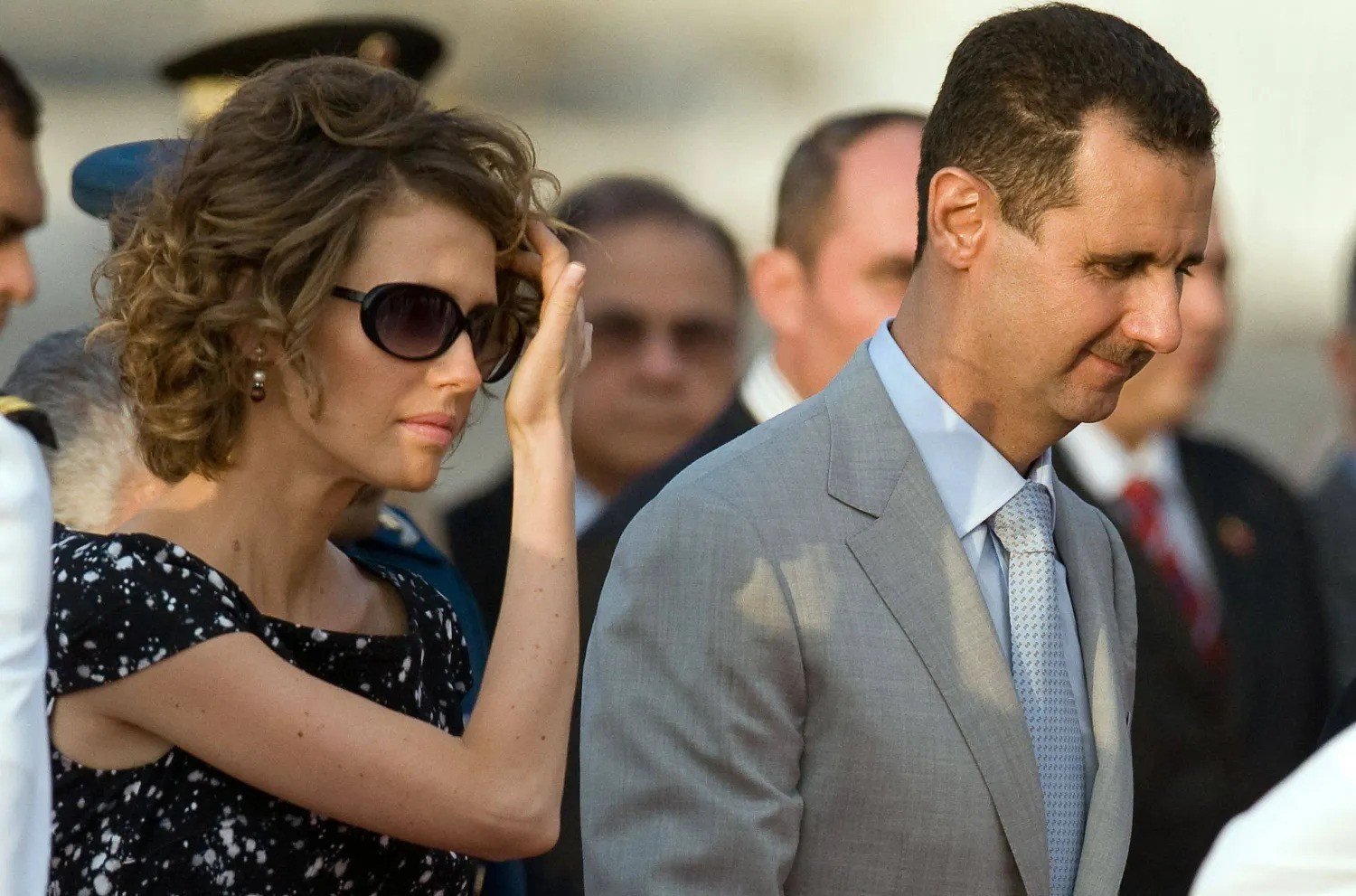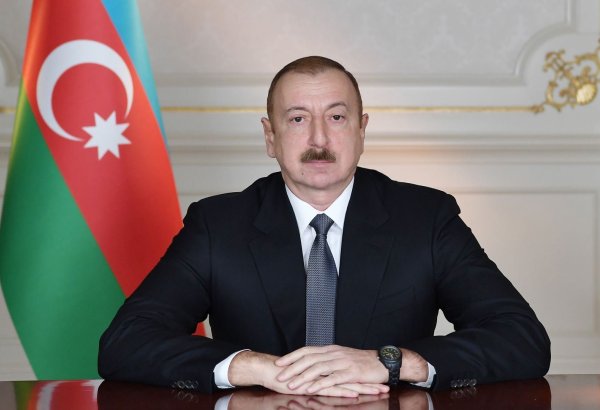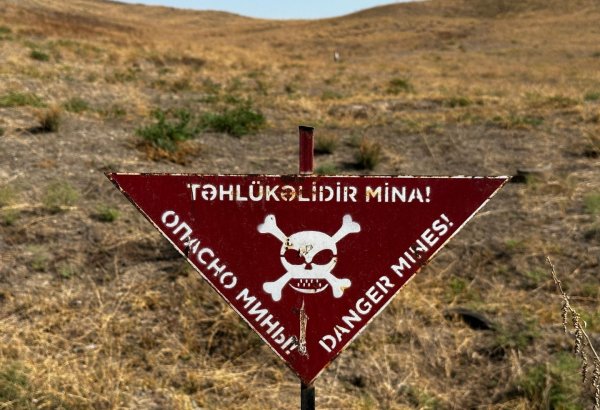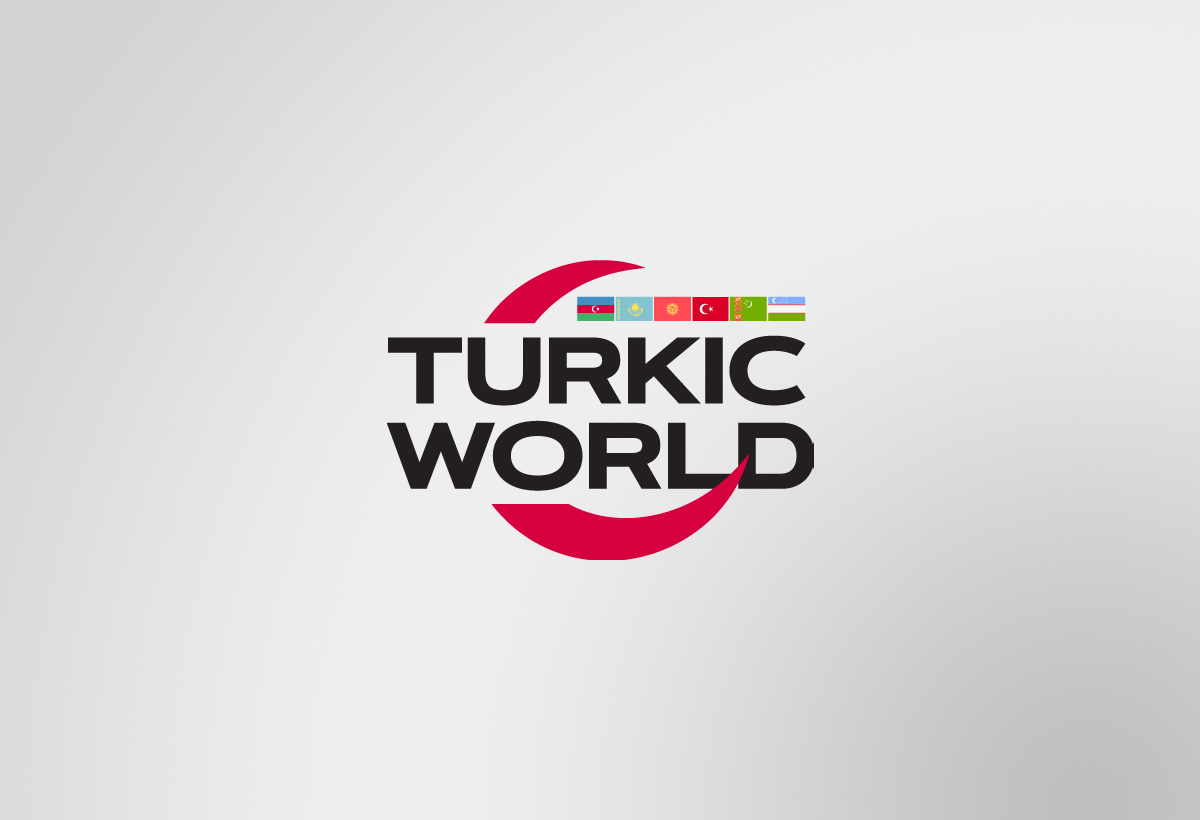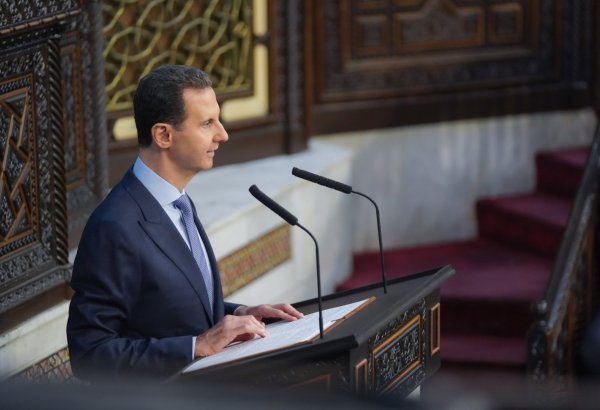BAKU, Azerbaijan, December 16.With the collapse of President Bashar Assad’s regime in Syria, a global hunt is now beginning for the billions of dollars in cash and assets his family has stashed away, TurkicWorld reports.
“There will be a hunt for the regime’s assets internationally,” said Andrew Tabler, a former White House official who identified assets of Assad family members through work on US sanctions. “They had a lot of time before the revolution to wash their money. They always had a Plan B and are now well equipped for exile.”
Assad fled Syria to Russia on Dec. 8 as opposition fighters rapidly advanced on the capital, Damascus, ending his 24-year rule.
The exact size of the wealth of the Assad family and which family member controls what assets isn’t known. A report by the State Department in 2022 said a figure was hard to determine, but estimated businesses and assets connected to the Assads could be worth as much as $12 billion, or as low as $1 billion, The Wall Street Journal said.
The assessment said the money was often obtained through state monopolies and drug dealing, especially the amphetamine captagon, and partly reinvested in jurisdictions out of reach of international law.
The wealth of the Assad clan continued to grow as regular Syrians struggled with the impact of the country’s civil war, which began in 2011. The World Bank calculated that in 2022 almost 70% of the population lived in poverty.
Many of the heavily militarized regime’s most powerful figures were business-minded, notably Bashar al-Assad’s British-born wife, Asma, a former banker at JPMorgan.
“The ruling family was as much an expert in criminal violence as it was in financial crime,” said Toby Cadman, a London-based human-rights lawyer with Guernica 37 International Justice Chambers, who has investigated Assad’s assets.
Finding and freezing the assets will likely be difficult. The US mounted a lengthy sanctions campaign against the Assad regime, forcing its moneymen to hide wealth outside the West and via tax havens.
Legal teams have already managed to secure some asset freezes related to the Assads’ wealth. A Paris court in 2019 froze 90 million euros worth of property—equivalent to $95 million—held in France by Rifaat al-Assad, an uncle of Bashar al-Assad who oversaw a brutal opposition crackdown in 1982. The tribunal ruled the assets were obtained through organized laundering of embezzled public funds.
William Bourdon, the human-rights lawyer who filed the case in Paris, said money in tax havens would be much harder to recover. Investigators need to seek court orders freezing assets and then enforce their recovery, and it is also not clear who would receive the funds.
The Assad clan started accumulating a fortune soon after Hafez al-Assad took control of Syria following a bloodless coup.
Hafez put his brother-in-law Mohammad Makhlouf, then a modest airline employee, in charge of the country’s lucrative tobacco-import monopoly, said Ayman Abdel Nour, a university friend of Bashar al-Assad.
Makhlouf took large commissions on the booming construction sector, said Abdel Nour, who was also later an unpaid adviser to Bashar al-Assad. When Bashar succeeded his father as leader in 2000, Makhlouf passed the business empire to his own son, Rami.
The Makhloufs were expected to make money on the behalf of the president and bankroll the regime and its ruling family when needed, said Bourdon, the Paris lawyer who has investigated Assad’s assets. “The Makhloufs are the chamberlains to the Assads,” said Bourdon.
Rami Makhlouf later became the regime’s primary financier with assets in banking, media, duty-free shops, airlines and telecommunications, becoming worth as much as $10 billion, according to the State Department. The US government sanctioned Makhlouf in 2008 for benefiting from and aiding the public corruption of Syrian regime officials.
According to a 2019 investigation by anticorruption group Global Witness, members of the Makhlouf family owned roughly $40 million worth of property in luxury skyscrapers in Moscow.
Then in 2020, the economic relationship at the heart of the Syrian regime frayed. Bashar al-Assad publicly sidelined Rami Makhlouf. The circumstances of their falling out remain murky. But the Syrian leader was tightening control over the levers of the failing Syrian economy.
Makhlouf was placed under house arrest and Syrian authorities put many of his business interests into state receivership, The Wall Street Journal has previously reported.
“We have the duty to recover the money for the Syrian people,” said Bourdon.








